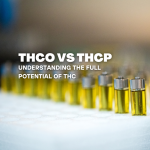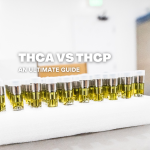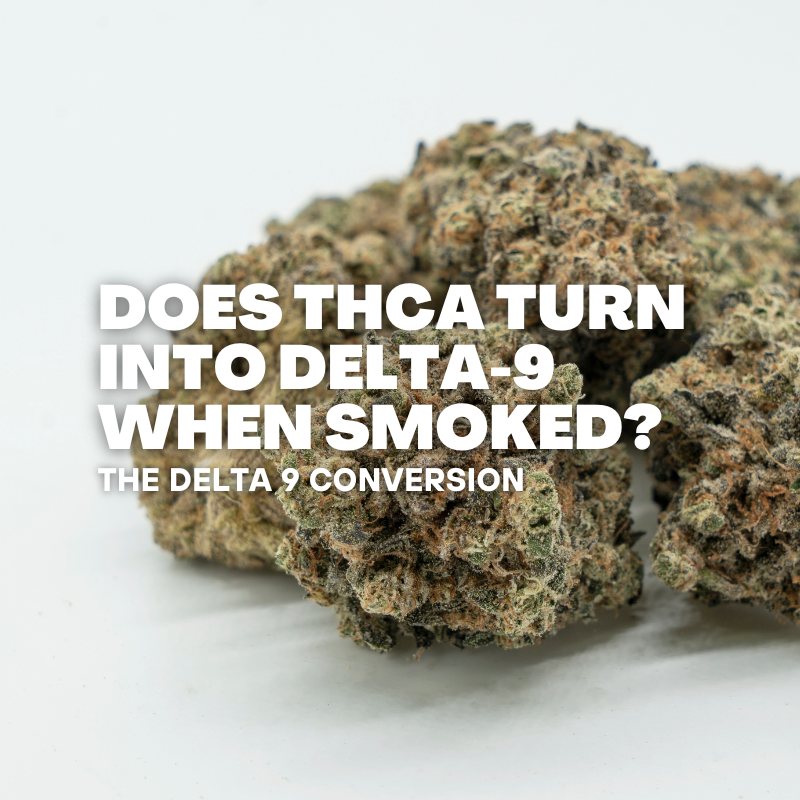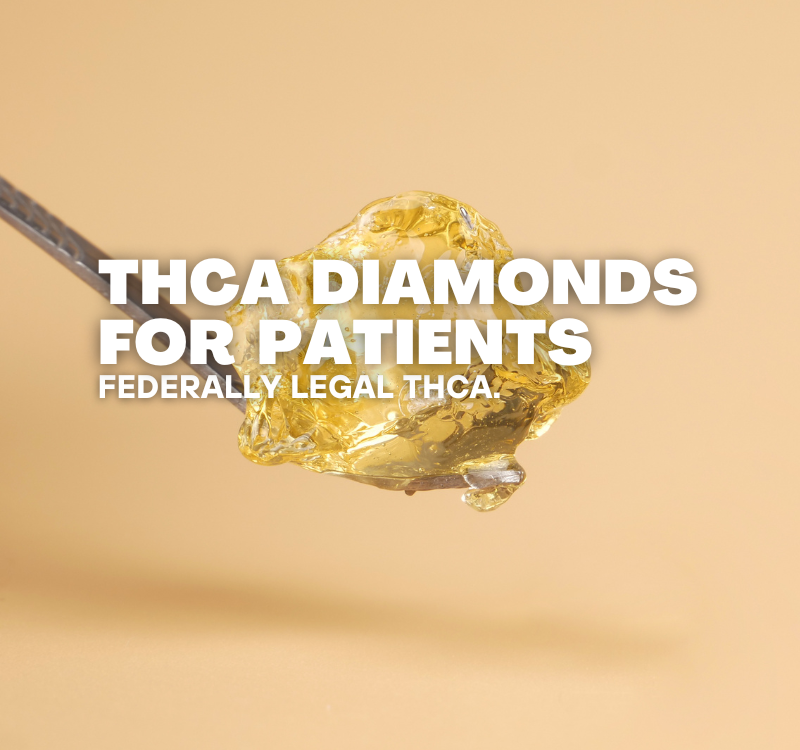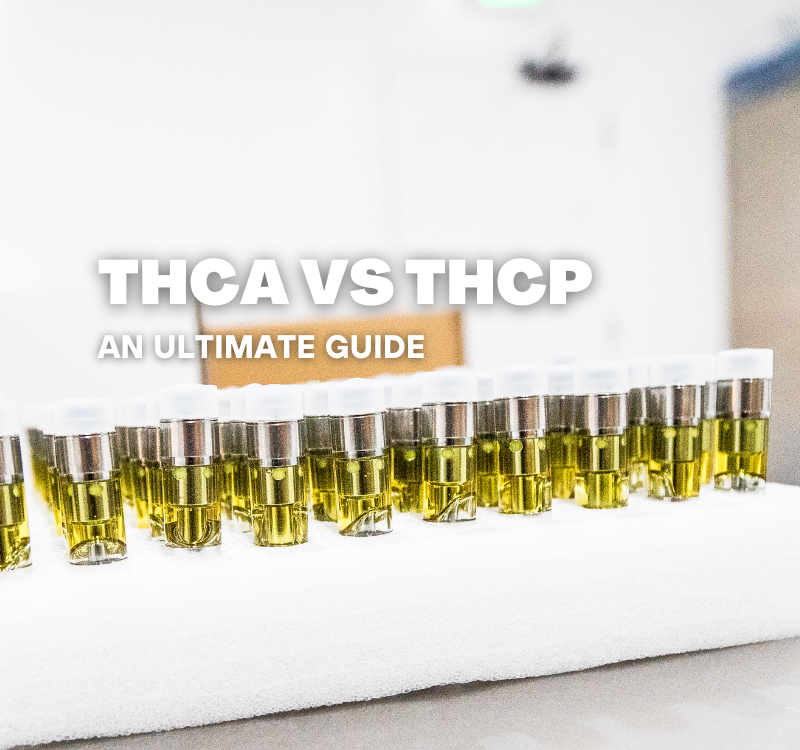Cannabis enthusiasts are well-acquainted with the transformative power of heat when it comes to unlocking the potential of cannabinoids. Among the many compounds present in raw cannabis, THCA (tetrahydrocannabinolic acid) stands out. A common question that arises is whether THCA undergoes a metamorphosis into Delta-9 THC when exposed to the heat of smoking. In this comprehensive guide, we’ll explore the science behind this transformation, shedding light on the journey from THCA to Delta-9 THC when cannabis is ignited.
The Decarboxylation Dance:
THCA – The Inactive Precursor:
- Structure: THCA is the non-psychoactive precursor to Delta-9 THC found in raw, unheated cannabis.
- Potential: In its natural state, THCA doesn’t induce the characteristic “high” associated with THC.
Decarboxylation Defined:
- Process: Decarboxylation is the chemical transformation that occurs when THCA is exposed to heat, typically through methods like smoking, vaping, or baking.
- Outcome: During decarboxylation, a carboxyl group is removed from THCA, resulting in the conversion to Delta-9 THC.
Smoking Cannabis: The Heat Catalyst
Smoking as a Decarboxylation Method:
- Combustion: When cannabis is smoked, the combustion process generates heat, initiating the decarboxylation of THCA.
- Temperature: The heat from smoking, typically ranging between 350°F to 450°F (177°C to 232°C), is sufficient to activate decarboxylation.
THCA to Delta-9 THC Transformation:
- Immediate Effect: As cannabis combusts, the immediate exposure to high temperatures triggers the conversion of THCA into Delta-9 THC.
- Inhalation: Upon inhalation, the newly formed Delta-9 THC is absorbed into the bloodstream, resulting in the characteristic psychoactive effects.
Factors Influencing the Transformation:
Temperature Control:
- Precision Matters: The rate of decarboxylation is influenced by temperature control. Lower temperatures may result in partial decarboxylation, preserving more THCA.
Strain-Specific Variations:
- Diverse Profiles: Different cannabis strains may exhibit variations in their THCA content, influencing the overall decarboxylation process.
The Experience of Delta-9 THC:
Psychoactive Effects:
- Euphoria and Relaxation: Delta-9 THC is renowned for its psychoactive effects, inducing sensations of euphoria, relaxation, and altered perception of time.
Medical Applications:
- Therapeutic Potential: Beyond its recreational use, Delta-9 THC has shown therapeutic potential for conditions such as chronic pain, nausea, and appetite stimulation.
The Alchemy of Cannabis Combustion
In the alchemy of cannabis combustion, the journey from THCA to Delta-9 THC unfolds through the transformative process of decarboxylation. As you inhale the aromatic smoke, you’re partaking in a chemical dance that activates the psychoactive potential of cannabis. At Ghost Vapors LLC, we invite you to delve into the fascinating science behind cannabis transformation and explore the diverse world of cannabinoids. Stay informed, stay curious, and elevate your cannabis experience with the knowledge of how THCA metamorphoses into Delta-9 THC when smoked.

